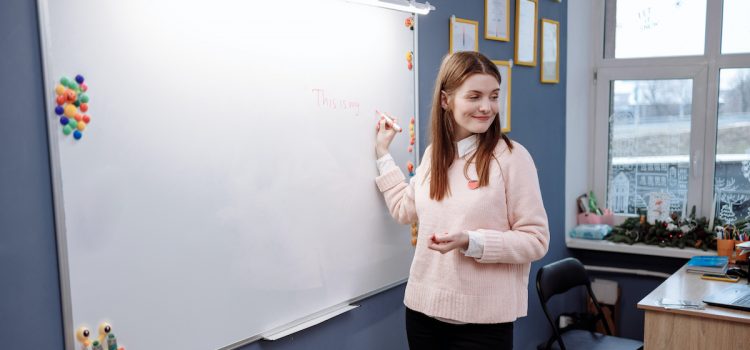Why has book banning in the US spiked as of late? Are there specific themes being targeted? The US has seen a record number of books banned in public schools and libraries this year. Although book banning isn’t new, many question whether or not it’s constitutional. Below, we’ll discuss what themes are being targeted for censorship, whether it’s constitutional, and what kinds of pushback are happening.
Banning Books in the US—A Returning Practice?










